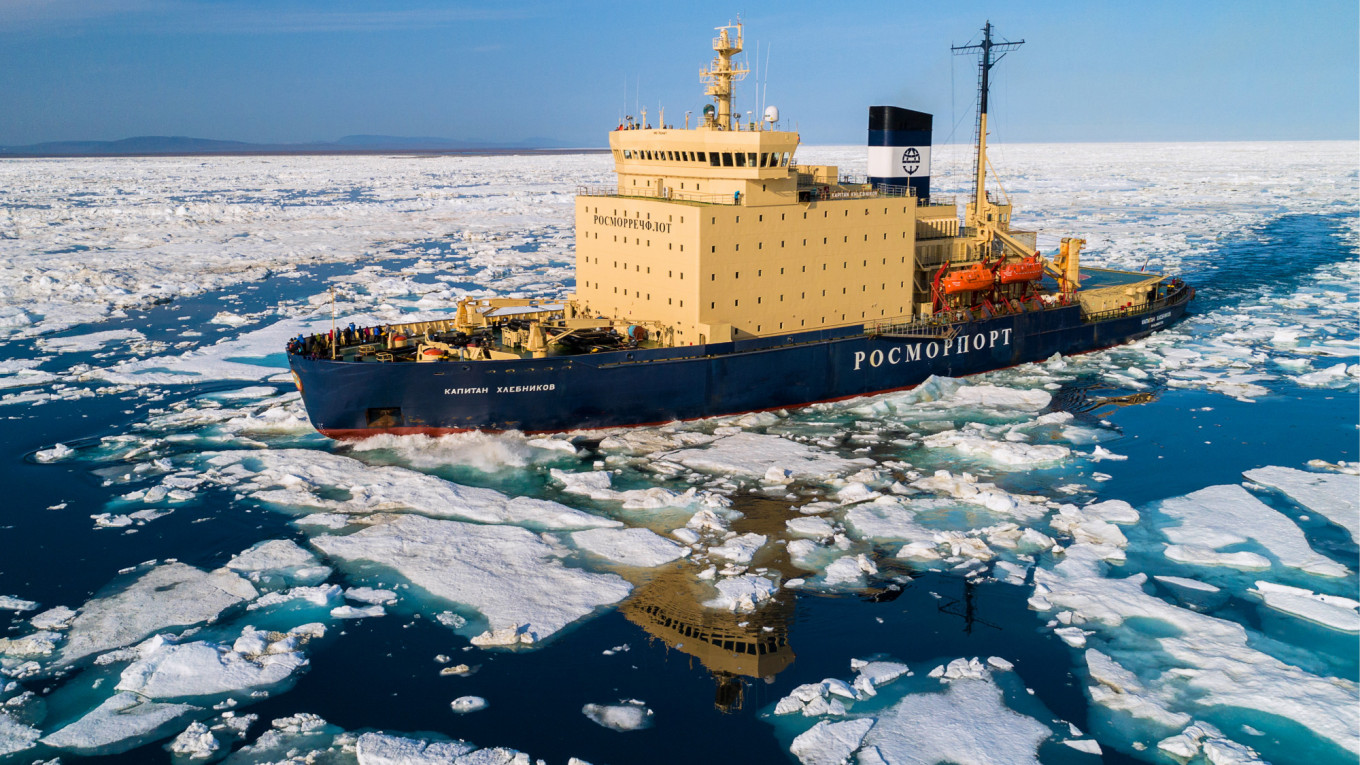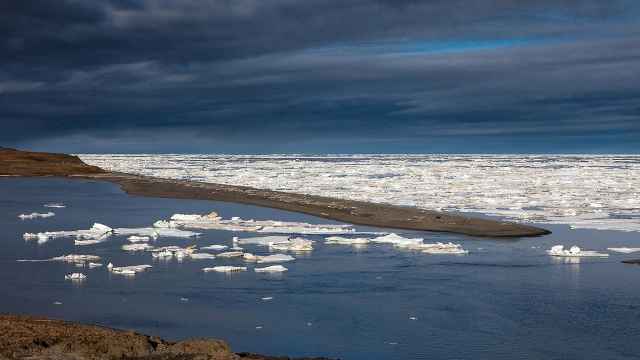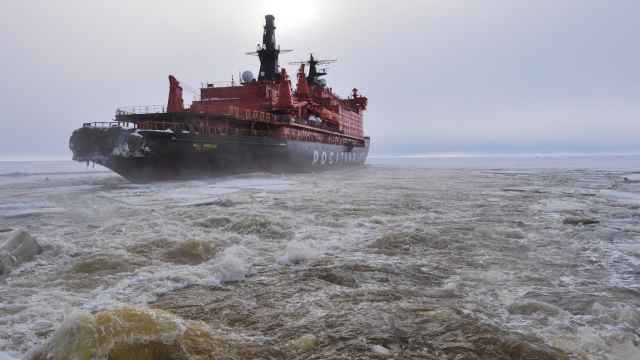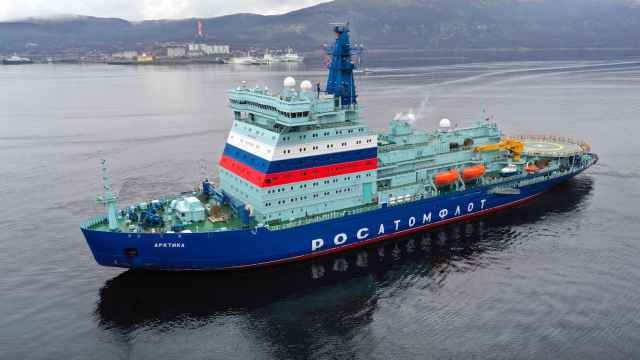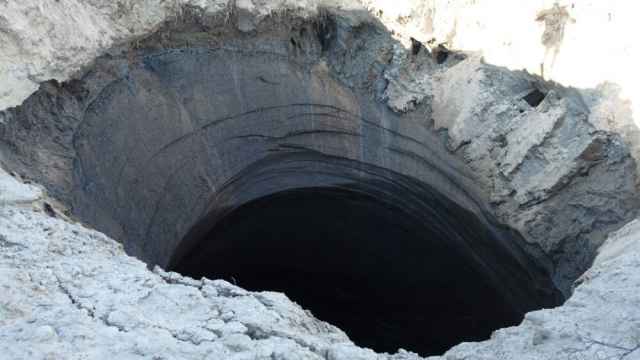Russian Prime Minister Dmitry Medvedev has approved the country’s development plan for its Northern Sea Route.
The document, which has been in the making for some time, was signed by Medvedev on Dec. 21 and published on the government website on Dec. 30. It was considered to be of great importance that it was approved and signed before the end of 2019.

State nuclear company Rosatom, which has key interests in the Northern Sea Route, has been behind the development of the plan. The document builds on President Vladimir Putin’s decrees from May 2018 and the request to boost annual shipments on the Northern Sea Route to 80 million metric tons by 2024.
The Russian government and its agencies and state companies are in a hurry to meet targets for the remote Arctic sea route.
The plan covers a wide range of priorities, from the development of infrastructure and the building of new ships to the mapping of natural resources and the launch of new satellites and meteorological equipment.
By April 2020, a regional geological exploration program is to be adopted. And by June, key decisions are to be taken on the development of a railway line to Sabetta, the seaport and liquified natural gas (LNG) terminal on the northern coast of the Yamal peninsula.
A massive development of natural resources is needed for Russia to meet its ambitions on the Arctic route, and several of the country’s biggest companies are involved. Among them are oil and gas companies Novatek, Gazprom Neft, Rosneft and the Independent Oil Company.
New ships are part of the plan. By 2035, about 40 new vessels are to be built, including several nuclear icebreakers.
In addition to five LK60 icebreakers, the country will build three Lider-class vessels, the first one to be ready for operations in December 2027. The second and third ships are to be ready in late 2030 and 2032.
The Lider will be able to break through the thickest Arctic ice and open wide ship lanes across the region for the escort of commercial ships. It will be equipped with a 120 MW engine capacity.
In addition, at least 13 new hydrographic ships will be built, among them a very powerful ship with top ice-class Arc7. Additionally, at least 16 various support and rescue ships are planned.
Decisions are to be taken on the development of new major infrastructure projects, among them several railway lines.
By December 2022, the government will decide on whether to proceed with the planning of the Belkomur railway line between Arkhangelsk, Syktyvkar and Perm, as well as a line from Sosnogorsk to Indiga on the Pechora sea coast.
By mid-2024, key decisions are to be taken on the development of a rail connection across the River Ob from Salekhard to Labytnangi and all the way to Nadym and Novy Urengoy.
Four regional airports, in Amderma, Pevek, Chersky and Keperveem, are to get a facelift.
Major dredging operations in the Gulf of Ob to pave the way for sailing with big vessels in the area is to be completed in December 2021.
Law on the Arctic
The Murmansk Transport Hub, a project that includes a new 46 km long railway and port facilities on the western banks of the Kola Bay, is to be completed by December 2021.
The new plan for the Northern Sea Route comes at the same time as the federal government is in the process of completing a new Law on the Arctic. The new legislation is expected to be adopted in the first quarter of 2020 and include major incentives for natural resource developers.
According to government estimates, proposed tax preferences will lead to as much as 15 trillion rubles (€216 billion) of new investments in the Russian Arctic over the next 15 years. Five categories of projects will be entitled to major tax cuts, among them offshore petroleum projects, production of LNG, the petrochemical industry and mineral extraction.
A Message from The Moscow Times:
Dear readers,
We are facing unprecedented challenges. Russia's Prosecutor General's Office has designated The Moscow Times as an "undesirable" organization, criminalizing our work and putting our staff at risk of prosecution. This follows our earlier unjust labeling as a "foreign agent."
These actions are direct attempts to silence independent journalism in Russia. The authorities claim our work "discredits the decisions of the Russian leadership." We see things differently: we strive to provide accurate, unbiased reporting on Russia.
We, the journalists of The Moscow Times, refuse to be silenced. But to continue our work, we need your help.
Your support, no matter how small, makes a world of difference. If you can, please support us monthly starting from just $2. It's quick to set up, and every contribution makes a significant impact.
By supporting The Moscow Times, you're defending open, independent journalism in the face of repression. Thank you for standing with us.
Remind me later.


